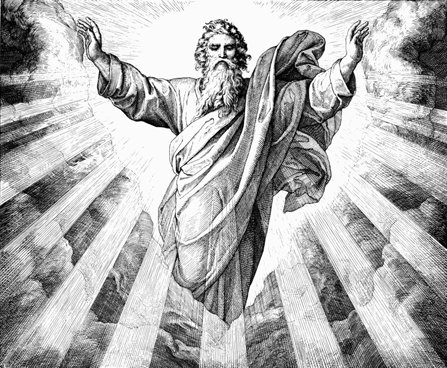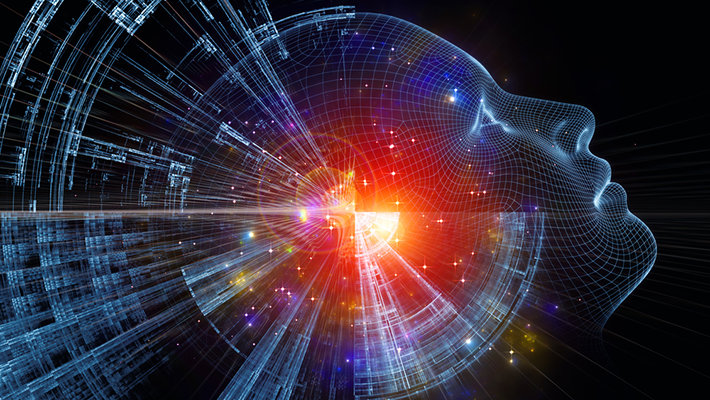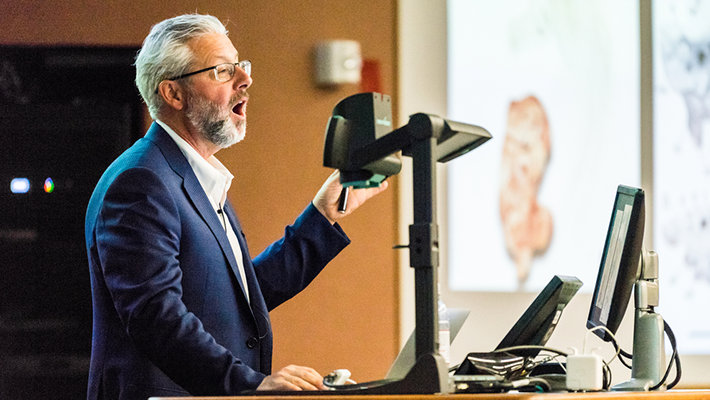
-
HOME
-
WHAT IS STANDOur Mission Our Values Our Help Contact
-
WHAT WE FIGHT FORReligious Freedom Religious Literacy Equality & Human Rights Inclusion & Respect Free Speech Responsible Journalism Corporate Accountability
-
RESOURCESExpert Studies Landmark Decisions White Papers FAQs David Miscavige Religious Freedom Resource Center Freedom of Religion & Human Rights Topic Index Priest-Penitent Privilege Islamophobia
-
HATE MONITORBiased Media Propagandists Hatemongers False Experts Hate Monitor Blog
-
NEWSROOMNews Media Watch Videos Blog
-
TAKE ACTIONCombat Hate & Discrimination Champion Freedom of Religion Demand Accountability
Does One Have to Believe in God To Be Moral?
A recent article in the Washington Examiner sparked my interest the other day. Author Siraj Hashmi writes: “According to a Pew Research Center survey, more adults think a belief in God is not necessary to have good values and be a moral person” and goes on to say, “While there are plenty of atheists in this world who deny the existence of God, but have good values, morals, and lead fulfilling lives, there’s a part of me that thinks having an omniscient, omnipotent being constantly holding you accountable for your actions when no one is watching is imperative to decency and morality.”

There is an inherent contradiction in Hashmi’s view. Clearly, those atheists who do maintain good values and morals are not doing so because they fear God. But if such “godless” ethical people do exist, from what source does their morality spring? Many people adhere to the belief that they themselves have a spiritual nature—that they are souls or spirits. They are convinced that they have existence beyond the body and thus conceive of themselves as immortal beings. This is quite independent of whether or not they also identify with the presence of an ultimate being or deity.
It is my contention that a society composed of people who maintain a high level of morality even when no one is watching operates on a higher plane than one that relies on a fear of eternal damnation to keep itself in a state of law and order.
We know from experience in the workplace that there are those employees who need constant supervision to maintain productivity and quality. Yet there are many others who operate splendidly on minimal supervision. They motivate themselves and set their own standards of achievement and professionalism.

I believe the same analogy holds true in religious practice. There are those who seem incapable of maintaining a high standard of morality on their own. The belief that God is watching them and that they will be held accountable doubtless has some value on this cohort. But the second group, whether or not they are being watched, simply monitors themselves out of their own sense of responsibility.
It is my contention that a society composed of people who maintain a high level of morality even when no one is watching operates on a higher plane than one that relies on a fear of eternal damnation to keep itself in a state of law and order. This does not at all negate the existence of a Supreme Being, but simply states that one can lead an honest and forthright existence on one’s own determinism and without knowledge of or faith in the existence of God.
While it might seem a little easier if one can lean on a deity for moral support, one can live an ethical life all on one’s own. It is somewhat of an abdication of personal responsibility to rely on a Supreme Deity to keep one on the straight and narrow.
In my view, we would be better off as a culture if we as individuals embraced a higher level of responsibility for our own actions and didn’t leave it up to God to make us good.
He has plenty of other things to take care of.









